What is the simplest form of flow control valve?
What is the simplest form of flow control valve?
Flow control valves play a crucial role in managing the flow of various fluids and gases in a wide range of applications. These valves are designed to regulate the rate at which a fluid passes through a system, ensuring optimal flow control and preventing any potential damage. While there are various types of flow control valves available in the market, the simplest form is the needle valve. So, let's dive deeper and explore the characteristics and benefits of the needle valve as a simple yet effective flow control solution.
1. What is a needle valve?
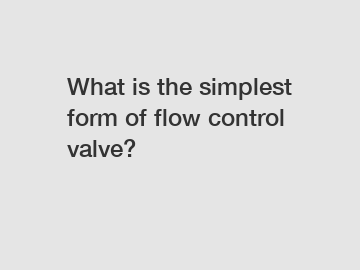
A needle valve is a type of flow control valve that incorporates a tapered, needle-like plunger to control the flow rate. This plunger, usually attached to a threaded stem, fits into a conical seat within the valve body. By rotating the stem, the operator can move the plunger in or out of the seat, creating a smaller or larger opening for fluid to pass through. This precise control of the flow rate makes the needle valve incredibly versatile and applicable in a variety of industries.
2. Features and advantages.
One of the prime advantages of a needle valve is its precision control over flow. The fine adjustment capabilities of the needle valve allow for accurate regulation, making it an ideal choice for applications that demand reliable and consistent flow rates. Additionally, the needle valve offers excellent throttling characteristics, enabling users to quickly and easily adjust the flow as needed.
Furthermore, needle valves are known for their ability to handle high pressure and high temperature fluids. Their robust construction and design make them suitable for challenging environments where other valves may fail. With minimal leakage and resistance to wear, needle valves ensure a tight seal, preventing system inefficiencies and reducing the risk of leaks or blowouts.
3. Applications of needle valves.
Additional resources:Choosing the Right Activated Carbon Filter for Your Needs
Drum Gear Coupling: The Backbone of Efficient Power Transmission
Mud Desander: Enhancing Drilling Fluid Management in Oil and Gas Operations
Centrifugal Pumps: Harnessing the Power of Fluid Dynamics
What is a waste heat recovery boiler and how does it work?
Steel Braided Hydraulic Hose: The Strong and Reliable Solution
Can a 40ft expandable container house be customized?
The simplicity and versatility of needle valves make them valuable across various industries. Here are a few notable applications:
a. Oil and gas industry: Needle valves are commonly used in the oil and gas industry for controlling the flow of crude oil, natural gas, and other process fluids. They find usage in pipelines, refineries, and even downhole applications, ensuring efficient and safe operation.
b. Laboratories: The precise control provided by needle valves is highly beneficial in laboratory settings. From regulating flow rates in gas chromatography systems to managing fluid flow in analytical instruments, needle valves are crucial for accurate measurements and analysis.
c. Hydraulic systems: Needle valves are widely employed in hydraulic systems, where precise flow control is necessary for a smooth and efficient operation. They help regulate the rate of fluid transfer, maintain system stability, and prevent damage due to sudden pressure changes.
d. HVAC and refrigeration: Needle valves find application in heating, ventilation, and air conditioning systems, as well as refrigeration units. They allow for the fine-tuning of fluid or refrigerant flow, optimizing temperature control and ensuring energy efficiency.
4. Needle valve variants.
Though the basic design of a needle valve remains consistent, various variants exist to accommodate specific requirements. For instance, some needle valves feature a multi-turn stem, allowing for increased control sensitivity. Others may integrate a valve handle or wheel for easier manipulation. Additionally, needle valves may come with different end connections, such as threaded, compression, or flared, enabling versatility in installation.
In conclusion, if you are looking for a dependable, precise, and versatile flow control valve, the needle valve stands as the simplest yet effective solution. Its ability to provide accurate adjustment, handle high pressures and temperatures, and find application across numerous industries makes it an invaluable choice. Whether you are working in the oil and gas industry, a laboratory, hydraulic systems, or HVAC and refrigeration, the needle valve guarantees optimal flow management. Embrace the simplicity and reliability of the needle valve and ensure efficient operations in your fluid control systems.
Are you interested in learning more about wholesale Cartridge Check Valve Factory, wholesale tubular check valve Price, one way hydraulic check valve? Contact us today to secure an expert consultation!
Additional resources:Choosing the Right Diesel Engine for Your Vehicle or Equipment
Equal Tee: A Comprehensive Guide to Fittings in Plumbing Systems
Anti Corrosive Primer: Protecting Metal Surfaces From Corrosion
How do hammer union seals work?
What are the differences between expanding gate valves and other types of valves?
What are the common applications of mini ball valves?
What Is the Best Seal for a Rotating Shaft?
230
0
0
Related Articles
-
325
0
0
-
270
0
0
-
341
0
0
-
452
0
0
-
314
0
0
-
312
0
0
-
363
0
0
-
326
0
0

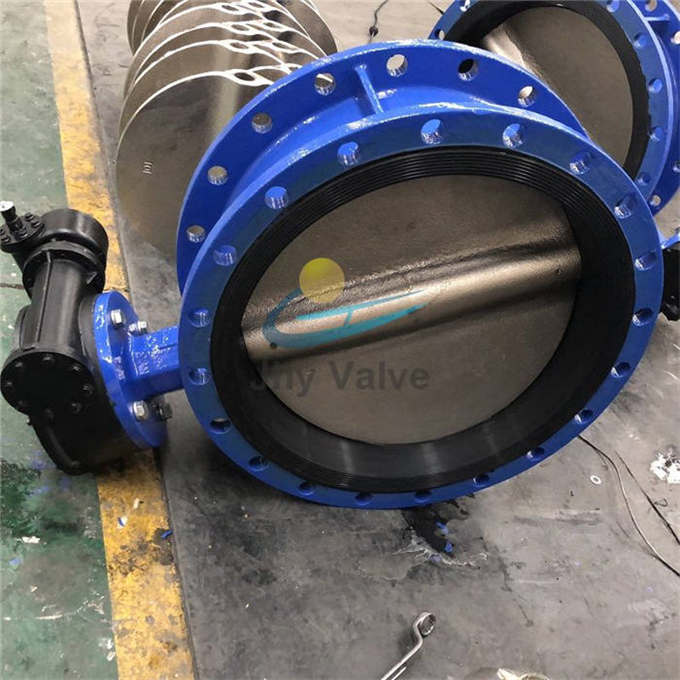
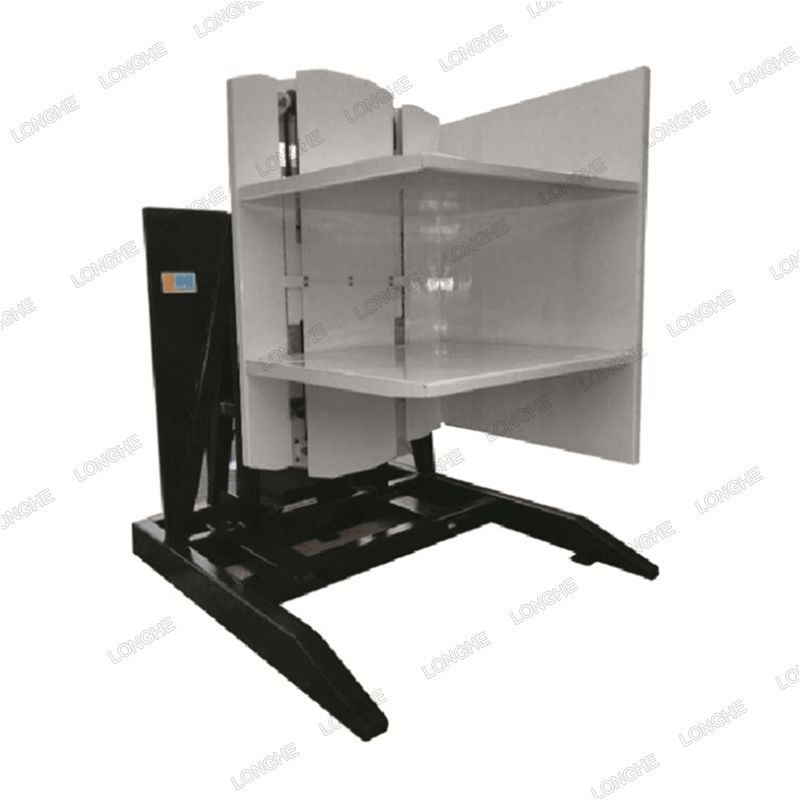
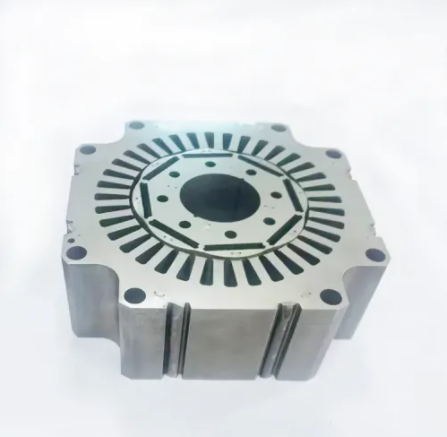
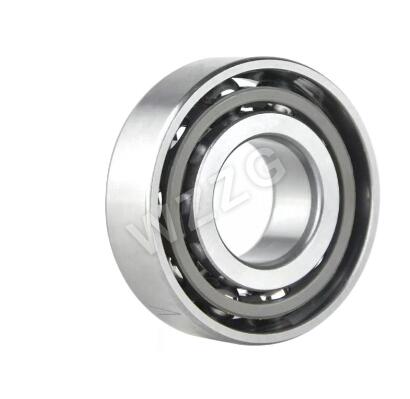
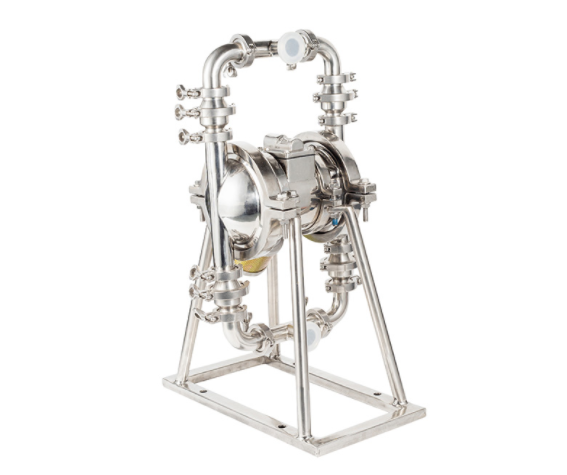
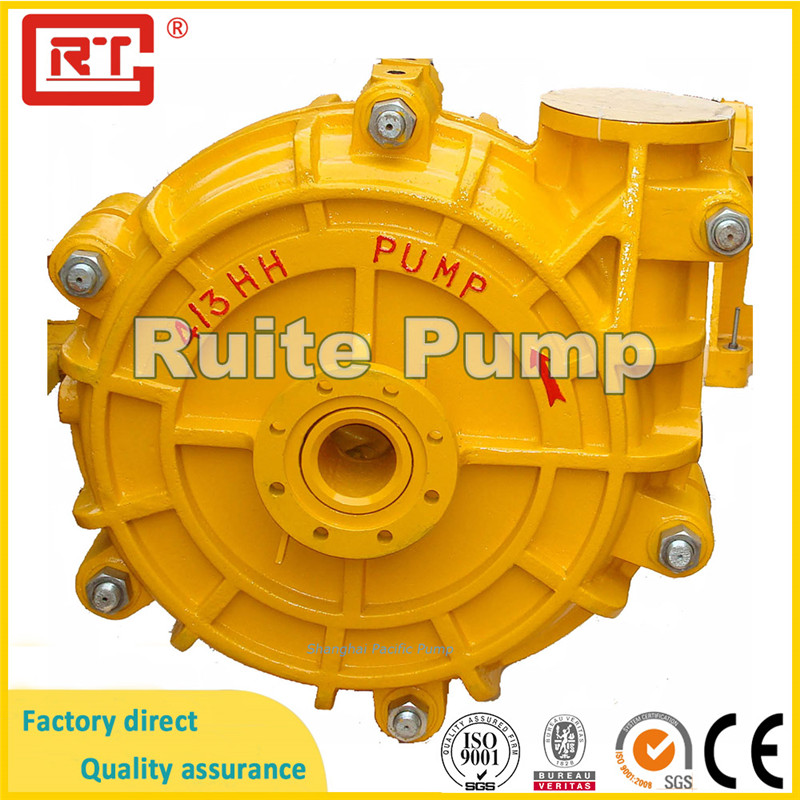
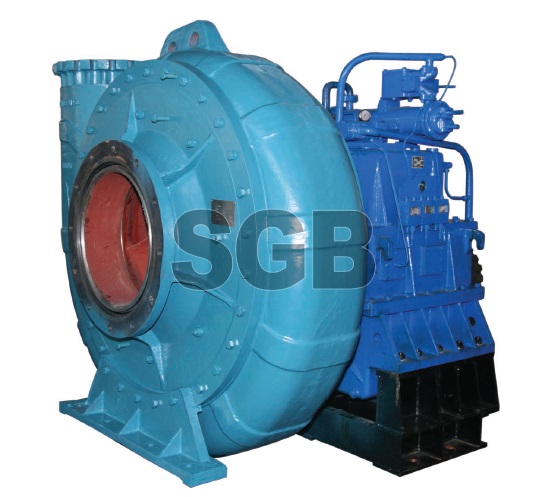
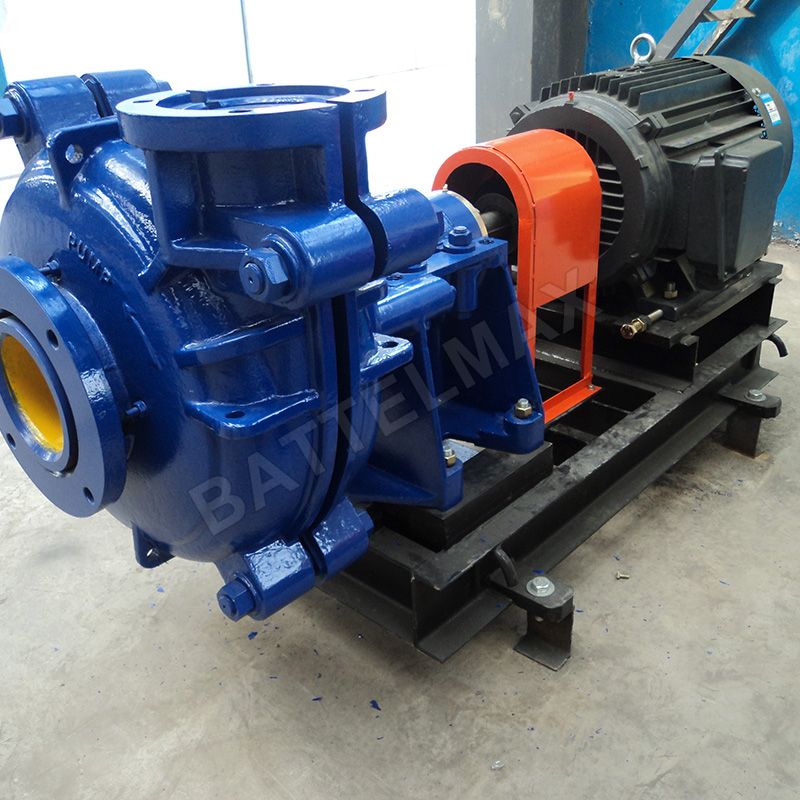
Comments
All Comments (0)